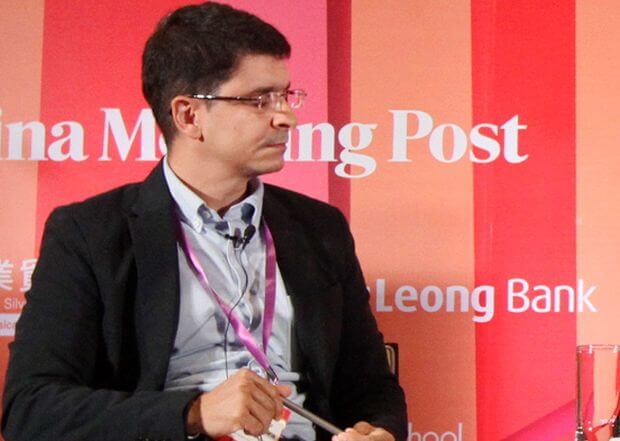The green agenda outlined in the 12th Malaysia Plan (12MP) bodes well for Malaysia’s energy industry as it moves in line with global transition towards clean and sustainable practices. Asia School of Business assistant professor of business and society Dr Renato Lima de Oliveira (pic) said the 12MP was the first “green” Malaysia plan, in part because of the one-year gap between when it was originally scheduled to be tabled back in August 2020.
Speaking to Bernama, de Oliveira said the green growth agenda is much stronger now and the new five-year plan captured that sentiment. “In the meantime, the European Union has pushed an ambitious carbon reduction strategy, making its stand with border-adjusted carbon taxes for the future; environmental, social, and governance (ESG) funds have grown tremendously and several companies announced net-zero targets by 2050, including Petroliam Nasional Bhd (Petronas) which did so in November last year.
“Carbon-intensive long duration assets like new coal power plants are a liability in today’s world. They should be avoided, from an environmental standpoint but also because they are losing competitiveness. So this readjustment of priorities should be very welcomed,” he pointed out. Under the 12MP, the government announced that carbon pricing instruments will be introduced in the form of carbon tax and a domestic emissions trading scheme.
These tools essentially set a value or price on greenhouse gas emissions to be paid by the parties responsible, and effectively make it a necessity for businesses to reduce emissions to remain competitive and sustainable. Details of other measures for carbon reduction will be announced once the low-carbon long-term development strategy study is finalised by the end of 2022.
According to de Oliveira, a carbon tax is technically the best solution to encourage less carbon intensive investments. “However, it has shown to be politically hard to implement. Instead, governments frequently resort to other ways to encourage renewable sources of energy, such as tax breaks and large-scale solar auctions, or penalise carbon-heavy production via direct emission regulations,” he added.
For a carbon tax to work, it will be key to gather the necessary political support for implementation. De Oliveira pointed out that a very high carbon price at the beginning will create political backlash while a very low price will not have an impact. “It may also be important to make this revenue neutral. The 12MP announced a feasibility study on carbon pricing but (it’s) not a firm commitment yet,” he added.
Read the full article HERE.
Originally published by The Star.





